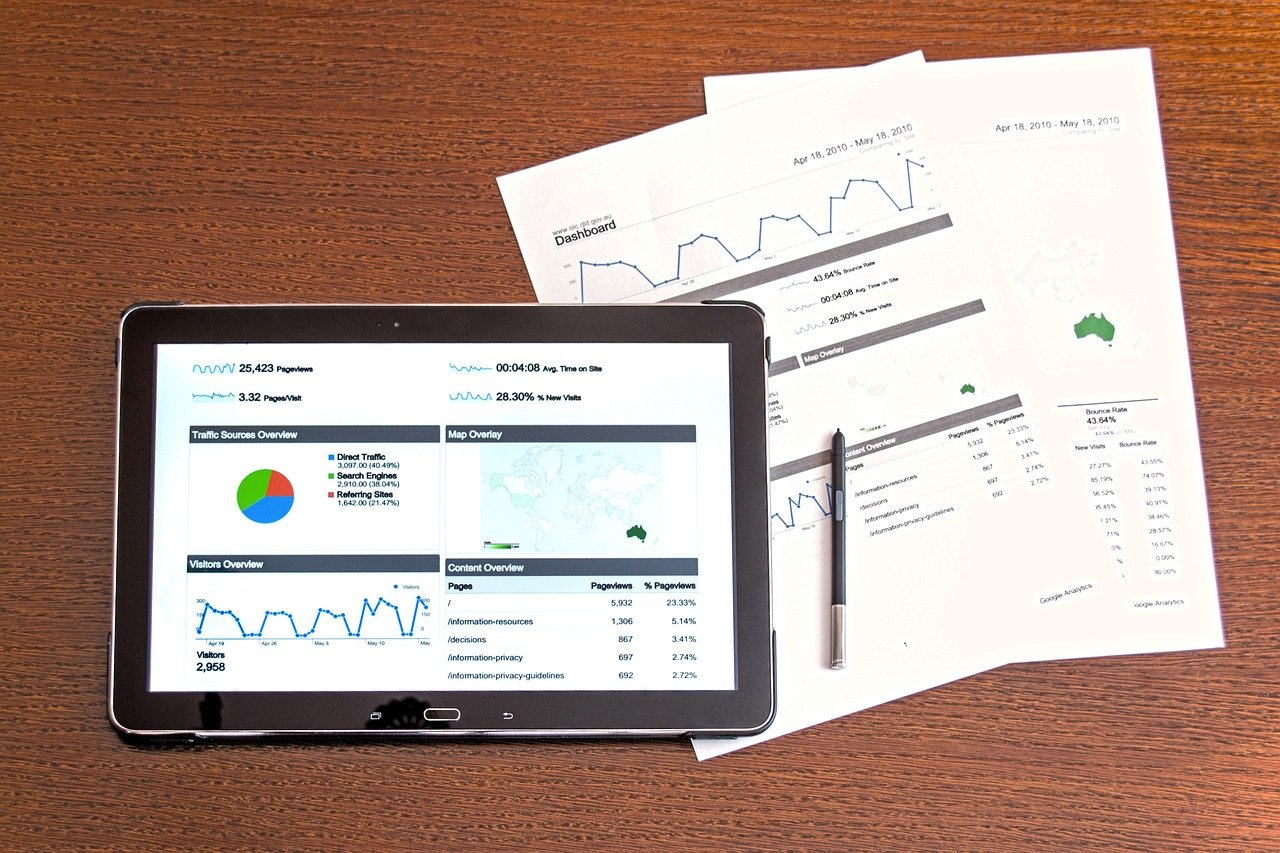City CIOs Must Step Up Their Data Game In The Era Of Covid-19
Long ago, the private sector figured out that data was a valuable resource. Presented with big data, enterprises put it to work, using it to better understand their customers, improve marketing precision and designing compelling products and services. The public sector, while having made significant progress in the past ten years, is still lagging behind in leveraging one of the only resources it has in abundance. Cities are using data, but they’re not yet exploring its true value.
The sudden emergence of Covid-19 in all our communities has put pressure on local governments and city CIOs to respond in meaningful ways. In a recent report, the National League of Cities, an advocacy organization that represents the U.S.’s 19,495 cities, highlights the need for better data gathering to help manage everything from safe social distancing on public transportation to the risk of evictions triggered by economic hardship. Unfortunately, few cities are well-prepared to be able to meet this challenge with high-quality data.
To rise to the challenge, tech leaders will need to up their game. While not ultimately responsible for data’s use—that’s the role of data owners—city CIOs must deliver solutions for data collection, storage, security, and appropriate distribution. Data must be made available at the right time, on the right devices and kept up to date. This means working with stakeholders across government, local communities and beyond to leverage data more effectively.
Improving the data play of the city CIO
Here are three examples of the ways in which some cities are stepping up to the challenge:
- Communicating accurate data on Covid-19 cases and treatments
New York City’s approach is a model for quantifying and communicating the complexity of the pandemic. Among several qualities, the data is current and comprehensive. It also uses a combination of graphics and light storytelling. For citizen scientists and other stakeholders, data can be exported, and archived data is available for deeper analysis. Barely three months into her tenure as the city’s CIO, Jessica Tisch had to pivot quickly and focus on Covid-19 efforts. Ensuring community members and other agencies had easy access to data was one of a few core priorities.
- Building more robust data governance
Without a set of clear, pre-agreed guidelines for managing data, it’s impossible to leverage city information effectively—whether it’s for Covid-19 or a host of other issues. There are plenty of reports from consulting firms that highlight what needs to be done relative to data governance. The city of Buenos Aires in Argentina has been particularly effective in its governance of data, enabling a host of decision-based activities including privacy regulations, city cleaning and even organ donations.
For the purposes of the pandemic response, it would make sense to focus on identifying what data is available and what isn’t, and then managing an agreed process for collecting data, distributing it to stakeholders and keeping it accurate and current.
- Bringing on board more data science talent
To make sure they gather and leverage data effectively in response to the pandemic and increasing demands for information associated with it, cities may need to spin up more data science talent. This means either hiring staff for specific openings in data roles or identifying existing members of the team for retraining. San Francisco’s recent hiring of Jason Lally as its new Chief Data Officer (CDO) has reinforced that city’s commitment to data science. The CDO manages data coordinators in each city department to enable and monitor data efforts. Notably, Lally and his team also run a data academy that provides a collection of tool- and skill-focused workshops designed to make any city employee data-savvy.
CIOs as change agents
None of this will be easy for those cities that lag behind in terms of governance and data-management skills. Today, a city CIO must be both a strategist and an agent-of-change. In an era of Covid-19, the role is critical to delivering uninterrupted services and the adoption of digital tools. Ensuring that data is leveraged must be high on the agenda and be acted upon.
To do so, city CIOs will need to convince other stakeholders that change—and, quite possibly, additional spending—is necessary at a time when organizations and budgets are under significant pressure because of the pandemic. That will not be easy, but timely and accurate sources of data from cities are going to be essential if we are to collectively conquer Covid-19.
(First published on Forbes on August 3, 2020)


